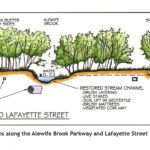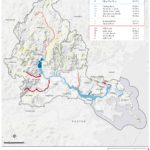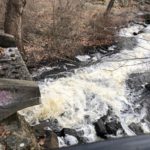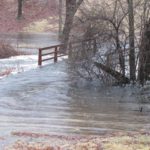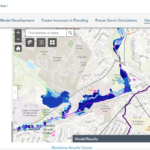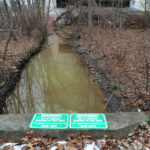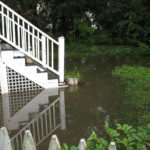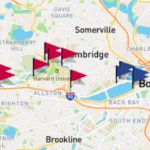
by Elissa Ely Shortly after the pandemic began, when the only response within anyone’s control was isolation, Julia Blatt and her husband bought kayaks. They had canoed as a family for more than 30 years—Montana, Idaho, Maine, Colorado, Florida, Vermont, New Hampshire—and for years her professional work had taken her kayaking through the Concord, Sudbury, and Assabet rivers. Sometimes she brought politicians with her (a form of visual education) and sometimes it was a form of solo field research. But this was different. The sky doesn’t know a pandemic is raging; birds and turtles have no idea and less interest. [READ MORE]


